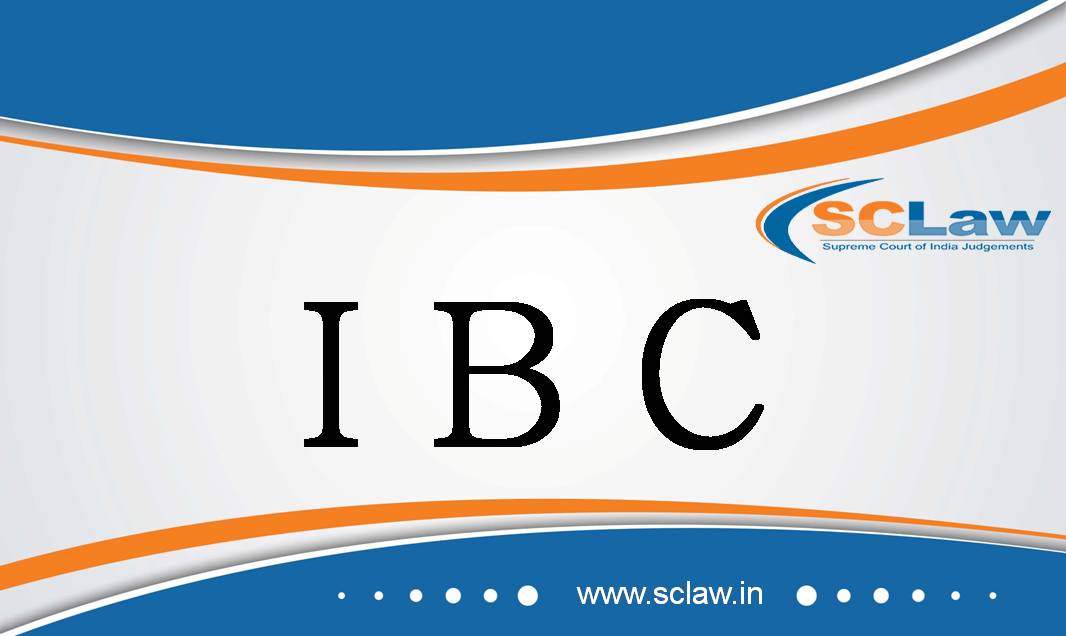High Court shall not pass order of not to arrest and/or “no coercive steps” either during the investigation or till the investigation is completed and/or till the final report/chargesheet is filed under Section 173 Cr.P.C., while dismissing/disposing of the quashing petition under Section 482 Cr.P.C. and/or under Article 226
SUPREME COURT OF INDIA FULL BENCH M/S NEEHARIKA INFRASTRUCTURE PRIVATE LIMITED — Appellant Vs. STATE OF MAHARASHTRA AND OTHERS — Respondent ( Before : Dr. Dhananjaya Y. Chandrachud, M.R. Shah…








